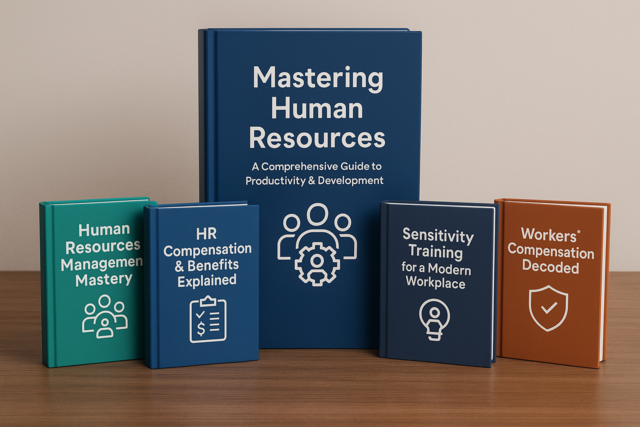Habits of Millionaires
Unlock Your Wealth Potential with Proven Blueprints

5 Hours average completion time
0.5 CEUs
12 Lessons
23 Exams & Assignments
273 Discussions
12 Videos
24 Reference Files
94 Articles
Mobile Friendly
Last Updated January 2026
"Blueprint to Prosperity: Your Step-by-Step Guide to Millionaire Mastery"
Parenting, as fulfilling as it can be, stands as one of life's most intricate challenges. Similarly, navigating the path to financial independence, especially reaching the coveted millionaire status, is not a walk in the park. Like positive parenting, achieving and maintaining millionaire status requires a combination of the right mindset, knowledge, and tenacity. Through our meticulously crafted course, you can unlock the secrets of both realms, understanding the interplay of personal growth and financial mastery.
In an age where success stories are plentiful and millionaires are emerging from all corners of the world, it's essential to discern fact from fiction. While tales of overnight success flood our newsfeeds, the real journey to seven figures is a complex tapestry of grit, strategy, and unwavering focus. The digital revolution, economic shifts, and a deeper understanding of wealth creation mechanisms have paved the way for this era of abundant opportunity.
Course Highlights:
-
The Millionaire Mindset: Delve deep into the psyche of the successful. Understand the paradigm shifts and mental models that separate the wealthy from the crowd.
-
The Art of Persistence: Millionaire status isn't achieved overnight. Explore the virtue of perseverance, patience, and the relentless pursuit of goals.
-
Patterns of Prosperity: Benefit from a granular breakdown of habits, behaviors, and characteristics commonly found in the self-made elite. Learn how to incorporate these patterns into your daily life to set the foundation for financial growth.
-
Beyond Theory: This isn't just a theoretical discourse. We lay out actionable strategies, a step-by-step roadmap tailored to empower you to make informed decisions and propel you toward financial milestones.
-
Smart Work Over Hard Work: While hard work is indispensable, learn the nuances of working intelligently. Harness tools, techniques, and time-tested strategies that amplify your efforts.
-
Age is Just a Number: Whether you're a budding entrepreneur in your twenties or considering a career pivot in your forties, remember it's never too late. Our course instills the belief and provides the tools to attain millionaire status at any stage of life.
"Blueprint to Prosperity" isn't merely a course--it's a transformative journey. As you traverse through its modules, you'll be equipped not just with knowledge, but a renewed vigor to chase and achieve your most audacious financial dreams. Come, let's embark on this exciting expedition together, rewriting your financial narrative, one milestone at a time.
- Cultivating lifelong learning
- Personal and financial growth alignment
- Understanding financial wisdom
- Resilience and adaptability
- Mindset transformation for success
- Effective goal setting
- Balancing passion with pragmatism
- Strategic thinking and planning
- Harnessing entrepreneurial opportunities
- Strategic spending and investment
- Discipline and perseverance
-

Gender Sensitivity Training
-

How to Write Case Studies
-

Business Analysis
-

Business Credit 101
-

Management Essentials
-

Report Writing 101
-

Microsoft Access Level 1
-

Kaizen 101 - An Introduction
-

Estate Planning
-

Business Administration 101
-

Recruitment and Retention Strategies
-

Debt Reduction
-

Workplace Violence: A Guide to Responding and Preventing
-

Introduction to Ethics
-

ABCs of Technical Writing
-

Talent Management for Business
-

Team Building 101
-

Critical Thinking Skills
-

Purchasing and Vendor Management 101
-

Introduction to Six Sigma
-

Business Ethics
-

Human Resources Productivity Course Bundle
-

Freelance Writing 101
-

Personal Finance 101: How to Manage Your Money
-

How to Write Effective Policies and Procedures
